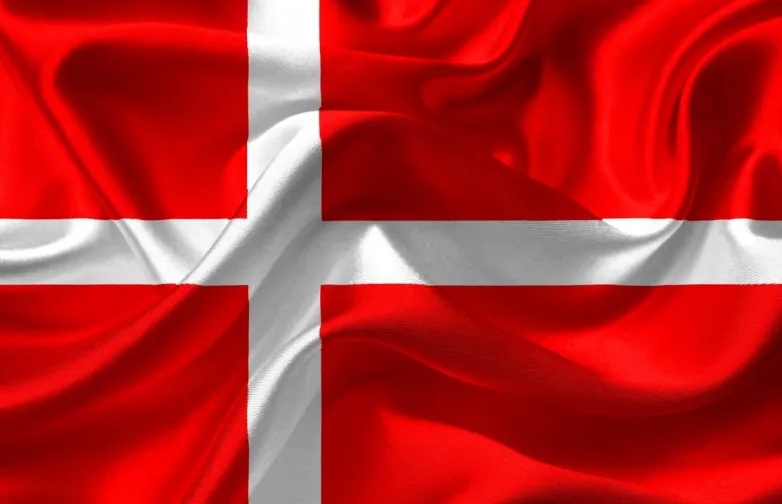Danish researchers bring some color to rooftop PV
Oct 1, 2019 11:41 PM ET
- Scientists led by the Technical University of Denmark have begun a project to design solar cells that can be produced in different colors with minimal effect on performance, making them suitable for building-integrated and other applications with aesthetic considerations.

The Technical University of Denmark (DTU) has announced plans for a project, involving industry partners, to develop colored PV modules.
The aim of the project is to produce solar modules for building-integrated PV (BIPV) applications that can be colored to fit the appearance of a structure without significantly compromising performance.
“Energy consumption in buildings accounts for nearly 40% of the total energy consumption in Denmark,” said DTU senior scientific officer Peter Poulsen. “Integration of solar cells in building materials is therefore increasingly important in the target to become independent of fossil fuels by 2050.”
The project will work to refine a method developed by manufacturer Danish Solar Energy Ltd, which operates a small manufacturing facility in the south of the country. Danish Solar’s technique hides solar cells behind a thin transparent film that has little effect on performance and can be easily colored.
A question of aesthetics
For rooftop solar and BIPV, aesthetic concerns are a factor holding back development, as architects are wary of using materials which do not fit their design principles. That has led colored modules to become a popular area for research, with Germany’s Fraunhofer ISE exhibiting its MorphoColor product – which can be produced in any color with no more than 7% relative efficiency loss – at the EU PVSEC show this year.
DTU’s project will also look at incorporating colored insulation plates into modules as an alternative process. “The aim is to be able to color solar cells so that they are similar to tiles, slate and patterns and are adaptable to virtually all buildings,” said Poulsen.
Colored modules will be produced and tested in a new laboratory planned for DTU’s Risø campus, with the first modules expected next year. “In Denmark we cannot compete on making inexpensive solar cells,” added Poulsen. “However, we can contribute to ensuring the technological solutions of tomorrow when it comes to building-integrated solutions.”
Also read

